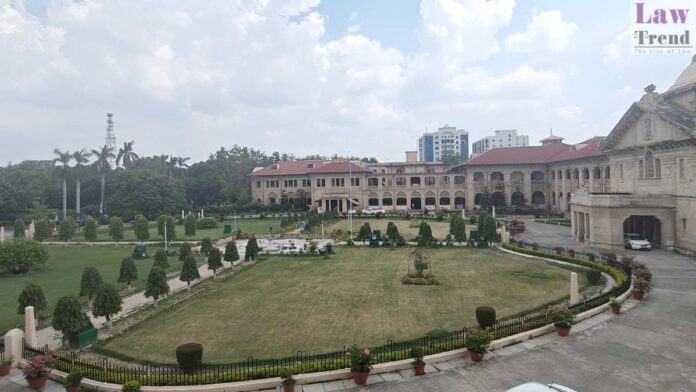In a significant decision, the Allahabad High Court ruled that the limitation extensions due to COVID-19 cannot be claimed automatically, especially in cases where a party has been negligent in pursuing its case. The court observed that extensions of deadlines set by the Supreme Court in response to the pandemic do not apply by default,
To Read More Please Subscribe to VIP Membership for Unlimited Access to All the Articles, Download Available Copies of Judgments/Order, Acess to Central/State Bare Acts, Advertisement Free Content, Access to More than 4000 Legal Drafts( Readymade Editable Formats of Suits, Petitions, Writs, Legal Notices, Divorce Petitions, 138 Notices, Bail Applications etc.) in Hindi and English.




